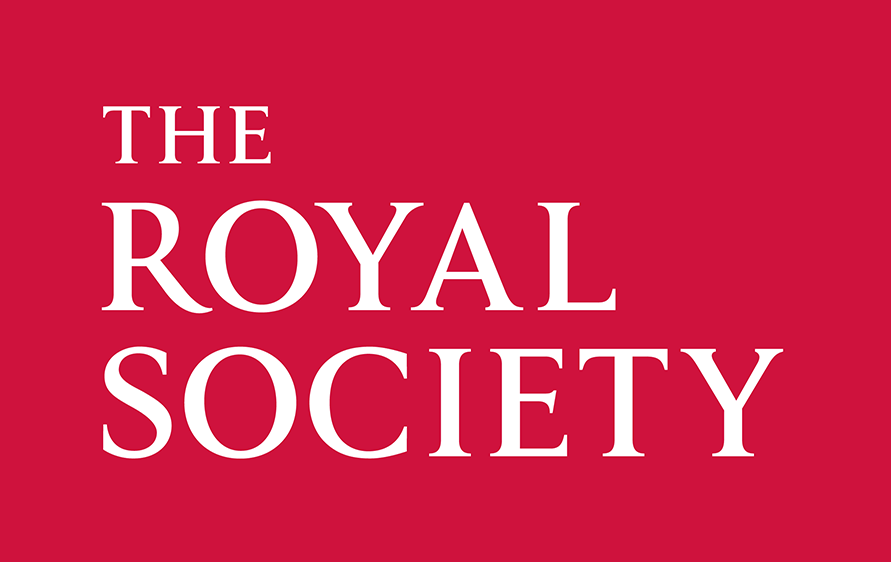Open Access Policies
Open Access Policy Compliance
Many UK and International research institutions and funders mandate Open Access for some publication types. Below, you will find information that outlines the key aspects of open access policies in the UK and international policies.
If you have any questions about Open Access policies, or if you would like more information about the policy presented at a team or departmental meeting, please contact us at .
If you would like to check whether an output deposited in the Institutional Repository is compliant with one of the following policies, please email the repository team with details of the publication at .
Jump to:

The University of Warwick Open Access Policy
Who? The policy applies to all staff and PGRs. Other students are encouraged to comply.
What? All scholarly outputs authored or co-authored while affiliated with the University of Warwick.
When? The latest version of the policy came into force on 1 October 2025.
How? To comply, authors must do the following:
- List the "University of Warwick" as your affiliation on all works associated with research undertaken at the University.
- Deposit outputs in the Institutional Repository as soon as possible after acceptance, and no later than three months after first online publication.
-
Ensure that you comply with funders’ requirements, include listing your funder’s name and grant number on any publications according to your funder’s expectations.
-
Include a statement on how any underlying research materials – such as data, samples or models – can be accessed.
As part of the update on the 1st October 2025, the policy now includes an Institutional Rights Retention Policy to support Open Access compliance: The University confirms that staff members own the copyright of their scholarly works, and staff agree to allow the University to make their accepted manuscripts publicly available under a Creative Commons Attribution (CC BY) licence.
For more details, please visit the Rights Retention Page.

REF 2029 Open Access Policy
The REF exercise evaluates the quality of research in UK Higher Education Institutions (HEIs) roughly every seven years, and informs the allocation of funding for research. For journal articles and conference papers to be eligible for assessment, they must meet the REF's Open Access policy.
Who? All researchers whose outputs may be submitted to the REF2029 - this predominantly applies to staff.
What? Applies to Journal Articles and Conference Papers only. The policy does NOT include Longform publications (e.g. Books, Book Chapters and Edited Collections) at least for REF2029.
When? Outputs published from 1st Jan 2021 to 31st Dec 2028 must comply. Outputs published from the 1st Jan 2026 onwards are subject to the updated version of the policy (see below).
How? Authors can comply by either the Gold (Publisher-Supported) or Green (Repository-Supported) Open Access route, as long as the following conditions are met:
- The output is deposited in an institutional repository within 3 months of publication - even if this does not exceed the output's embargo.
- The output may be embargoed (delayed from being made open in a repository) as long as the embargo is within the permitted maximum period: 6 months for Panels A and B; 12 months for Panels C and D.
- The output must be available under an Open Access licence.
While the policy has other requirements, such as technical and access requirements, these are managed for you by the repository team. To comply simply ensure that you deposit your accepted manuscript in the repository as soon as possible after acceptance, and no later than three months after first online publication.
Funder Open Access Policies
If you research has been funded by an external funder, you may have additional Open Access requirements that you need to comply with. Below, you will find information that outlines the open access policies for many of the University of Warwick's main funders, including how to comply with these policies. If your funder is not listed below, or if you still have questions about what these policies mean and how you should comply, please email the Open Research team at .

UKRI (including Research England, Innovate UK, and all UKRI Research Councils)
UKRI have an open access policy that covers any journal articles and conference papers acknowledging UKRI funding submitted for publishing on or after 1st April 2022. In order to comply with the policy, these articles must:
- be made available immediately at the point of publication, either via Gold or Green Open Access. (i.e. have no embargo).
- have a CC-BY (Creative Commons Attribution) licence. Exceptions can be made for the CC BY-ND licence if permission is granted by UKRI.
- include the following rights retention statement to the submitted version of the article (to ensure compliance with the above to points):
"For the purpose of open access, the author(s) has applied a Creative Commons Attribution (CC BY) licence [where permitted by UKRI, ‘Open Government Licence’ or ‘Creative Commons Attribution No-derivatives (CC BY-ND) licence’ may be stated instead] to any Author Accepted Manuscript version arising"
- have a Data Access Statement, even where there is no data associated with the article or the data are inaccessible.
- be archived in Europe PubMed Central, if the article acknowledges funding from MRC and/or BBSRC.
The full UKRI Open Access policy can be found here. For support with complying with the policy, get in touch with the Open Research Team.








